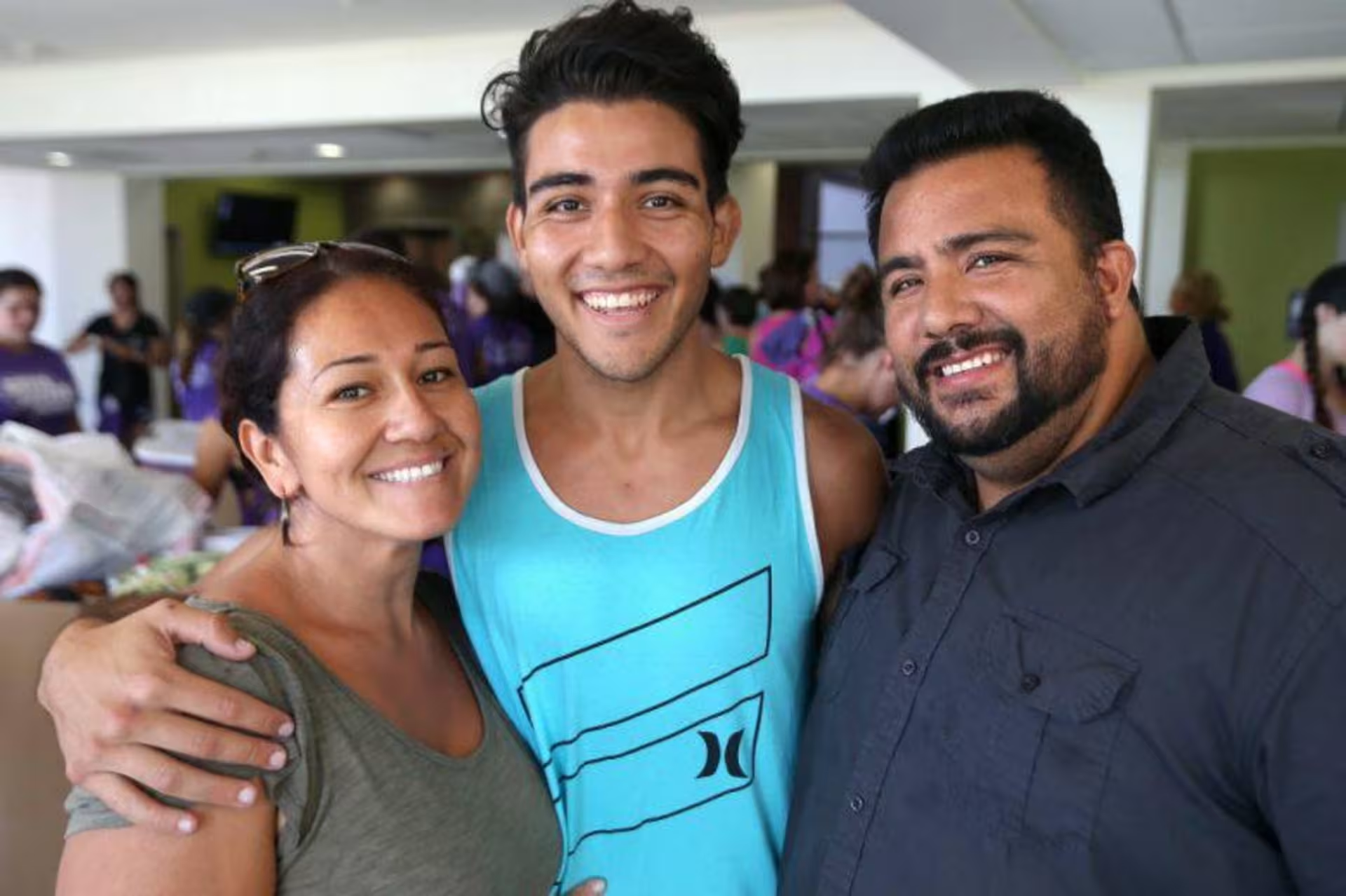Speak with a University Counselor today.
The views and opinions expressed in this article are those of the author’s and do not necessarily reflect the official policy or position of Grand Canyon University. Any sources cited were accurate as of the publish date.

During the upcoming summer months, students all over the country will be preparing for their first semester of college. Dorm supplies will be purchased, financial plans will be arranged, textbooks will be procured and travel plans will be finalized. As a parent, you want your student’s campus experience to be a healthy, safe and rewarding one.
At Grand Canyon University, we understand your concerns and want to put your mind at ease during this transition. Here are a few common questions about college raised by parents like you:
As your student transitions into this new phase of life, they will be surrounded by students just like them. By interacting with their peers, your student will have a helping hand in learning how to adjust to living away from home. GCU’s resident assistants (RA’s) and Life Leaders are also available to help students in this time of adjustment. RA’s help build community within the dorms by forming relationships with each student in the hall as well as planning hall events. Life Leaders conduct weekly Bible studies, known as Life Groups, and meet with students to help ease them into college life. With the help of these trained leaders, students will grow comfortable in their new environment and may even come to call it home.
At GCU, we want our students to start strong and finish strong. There are many resources available for students who struggle with various academic subjects. GCU faculty not only guide students in courses, but also offer time to help students understand the material. Students are welcome to speak to their instructors in after class, during office hours and by appointment.
Students are also encouraged to visit one of the Academic Centers for Excellence. Here, they can receive free tutoring for a variety of classes and subjects. Simply make an appointment or walk in for tutoring services.
Grand Canyon University offers a wide variety of resources to help students get the most out of their college experience. To learn more, visit our website or use the Request More Information button at the top of the page.
In order for a student to become involved on their college campus, there must be an engaging community. GCU’s Office of Student Engagement works hard to provide the student community with as many opportunities to make connections as possible. From the large, exciting events, such as Mr. GCU and Lip Sync, to the many clubs and organizations on campus, students are provided with opportunities to engage with their community.
The Department of Spiritual Life at GCU also lends a hand in building the community as well. Students can attend Chapel and The Gathering services to attend as well as Life Groups. Spiritual Life also provides outreach opportunities, including Serve the City, Canyon Kids and local and global mission trips.
The Canyon Health and Wellness Clinic strives to promote healthy living at GCU by providing students with quality services. Students are able to receive prescribed medications, physical exams, immunizations and more, as well as individualized care from nurse practitioners. Free counseling sessions are also provided to students from Canyon Counseling Services. Therapists and master’s-level interns work with students on a number of topics, including anxiety, depression and relationship problems.